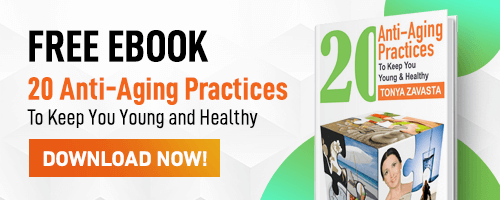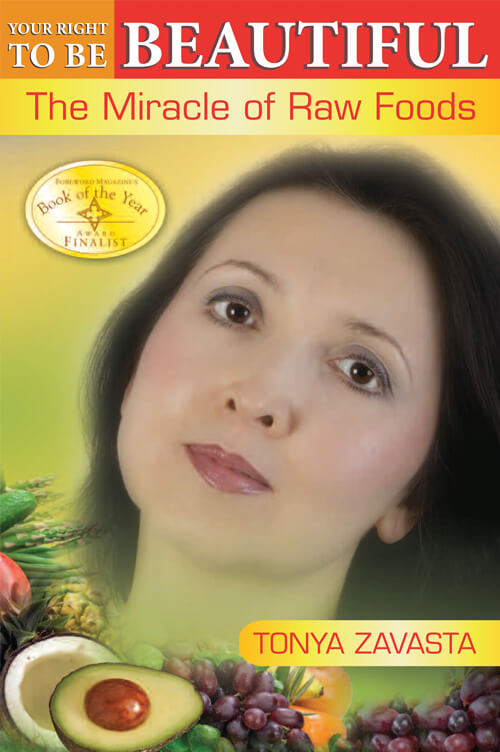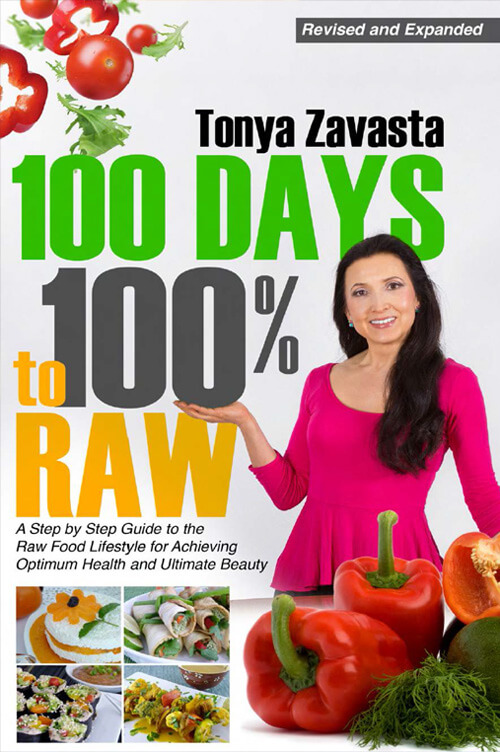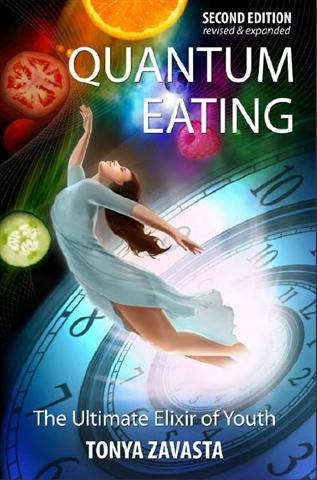How Do Raw Foods Affect Your Sleep?

In the book Light Out, the author T.S. Wiley ventures to prove that obesity, heart disease, diabetes, and cancer are caused not by eating fat nor by not lack of exercise, but by stress and sleep deficiency. The author’s general recommendation is that we should sleep about nine and a half hours per day.
Another book recommended to me: Take A Nap! Change Your Life: The Scientific Plan to Make You Smarter, Healthier, More Productive by Sara C. Mednick. In fact, this painstaking research was done by a Harvard-trained research scientist. The author claims there is “hard scientific evidence that the nap is woven into our DNA.”
This conclusion was reached through experiments with real people. But how many among these subjects were yogi masters or even raw foodists? Educated guess: none. Otherwise, the author would likely have noted a prevailing peculiarity: Very little sleep during the 24-hour circadian period.
One study of 70,000 women showed that heart attacks increased in those who slept less than seven hours nightly. Those who slept five hours had a 40 per cent higher rate of coronary artery disease or heart attack. Sounds scary. But this has no relevance to you. Why not?
Because not a single test subject was eating the way you are. The usefulness of this research is zero, so far as you are concerned. When you remove the cause of illness, you reduce the need for healing time. You reduce the need for sleep. Mednick notes in her research that tested subjects experienced a dip in energy twice during a 24-hour period. One big dip of energy signaled them to sleep at night, while another mini-dip hit near midday, usually after lunch. People on the raw food lifestyle usually do not experience this midday mini-dip.
Sleep experts have brought together an impressive cross section to study sleep patterns across lifespan, occupation, culture, age, and gender. But their study populations are people who consume cooked food.
Books about sleep research usually claim that sleeplessness causes hypertension, which can also lead to strokes. Hypertension is caused by arteries being occluded with fatty build-up from eating meat, dairy products, and cooked foods. A little sleep does not allow the body to detox and heal itself. In this case, sleep is the remedy.
Am I against a long night’s sleep or a well deserved nap? Definitely not. I just want you to grasp how irrelevant to you, as a raw foodist, are the typical general recommendations about seeking more and more sleep. When you are following a raw food lifestyle you are not general, typical, average, or generic—you are unique and special.
Some of you probably already enjoy the miraculous results of a carefully observed raw foods regimen. And the fact is, far from needing more sleep, when you eat mostly raw vegan food you will need much less sleep. As you transition to a raw foods lifestyle, you’ll find days when you feel on top of the world and need very little sleep. But there will be days, when the cleansing has gone deeper and you feel tired, drained of energy. Don’t do anything else—just sleep. You need it.
It’s during sleep that the body heals, and performs its cleansing chores. Never use someone else’s sleep pattern as the sole standard for yourself. Sleep as much as your body tells you to, whatever others may do. You should never live with sleep deprivation. The classic signs of sleep deprivation are difficulty getting up in the morning … feeling tired throughout the day … lacking energy … and feeling irritable.
How much sleep do you really need? Your body will let you know. Observe how you feel in the morning. The ideal is to wake up feeling refreshed, alert, energized—even euphoric. People in love do not sleep much. No doctor will say this is abnormal. Quantum Eating will make you feel like that most of the time. You are simply not ever sleepy, except five to six hours during the night.



